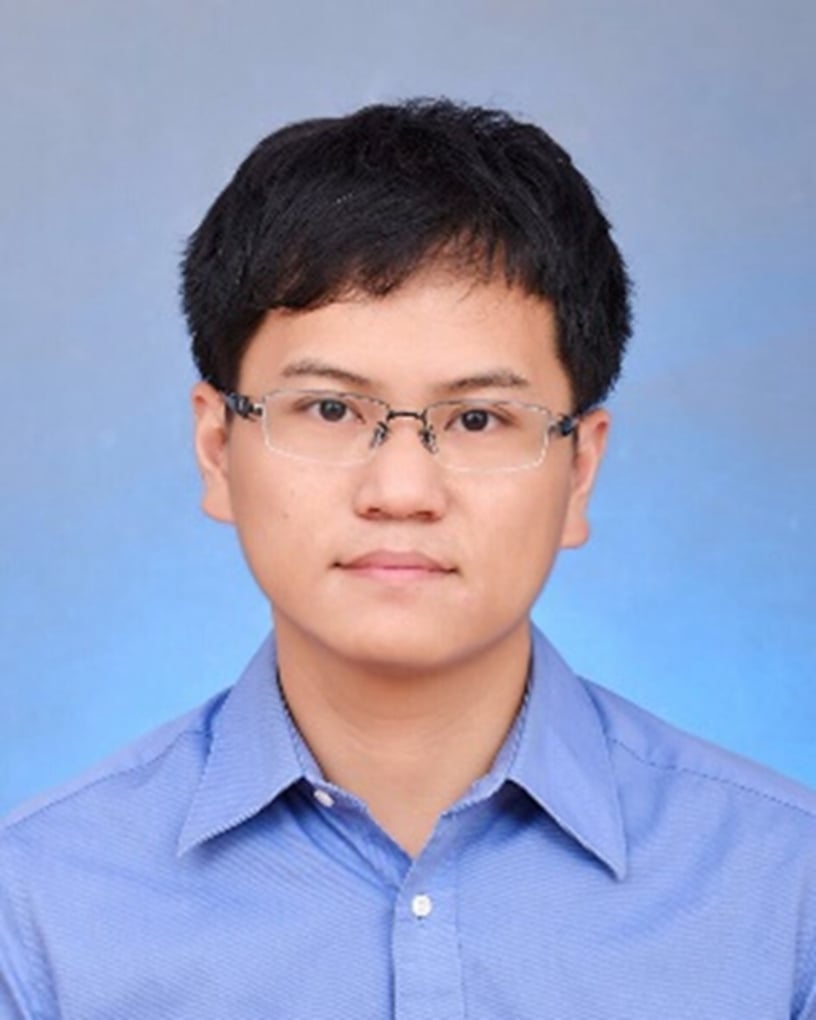Keynote Speaker
Biography
Dr. Zonglong Zhu is an associate professor at City University of Hong Kong. Since joining the university as an assistant professor in 2018, he has authored numerous papers as the corresponding author in renowned journals such as Science, Nat. Nanotech., Nat. Commun., Chem. Soc. Rev., Acc. Chem. Res., J. Am. Chem. Soc., Adv. Mater., Angew. Chem. Int. Ed., and others. Dr. Zhu has published over 110 SCI papers, with over 13,000 citations and an impressive H-factor of 50. Dr. Zhu's contributions to the field have earned him numerous accolades. He has been recognized as one of the top 2% of scientists with the most citations in the world in 2021, Emerging Investigator of Nanoscale in 2022, Emerging Investigator of J. Mater. Chem. A in 2021, and Highly Cited Researcher in Cross-Field in 2022. In addition, he has received several awards, including the President's award and Yong research award from the College of Science at CityU in 2022.
Interface-Enhanced Stability for Halide Perovskite Photovoltaics: A Fundamental Understanding
Zonglong ZHU
Abstract
Organic-inorganic hybrid perovskite solar cells (PSCs) have shown great progress over the past decade, with power conversion efficiencies (PCEs) of single-junction devices approaching silicon photovoltaics (PVs). However, their long-term stability still lags behind silicon-based competitors, which has significantly decelerated their commercialization progress. Faced with this challenge, major efforts have been made to unravel instability mechanisms, develop long-term performance-tracking protocols, and explore various approaches for enhancing the stability of PSCs. Among these strategies, interface manipulation is the most critical as it could simultaneously passivate or anchor the perovskite surface defects and acts as a barrier to protect the bulk of perovskite from the external environment. Recently, the development of diversified interface modification molecules and interfacial regulation strategies has greatly contributed to the improvement of PSC stability. This presentation will elucidate the factors influencing the stability of PSCs, provide an in-depth understanding of device degradation mechanisms, and present advanced approaches to reveal them. Additionally, we will discuss pressing topics on interface manipulation, including low-dimensional perovskite capping layers, interface modification and reaction, and charge transport layer design. Lastly, we will provide insights into the core aspects related to the future development of PSC stability.

